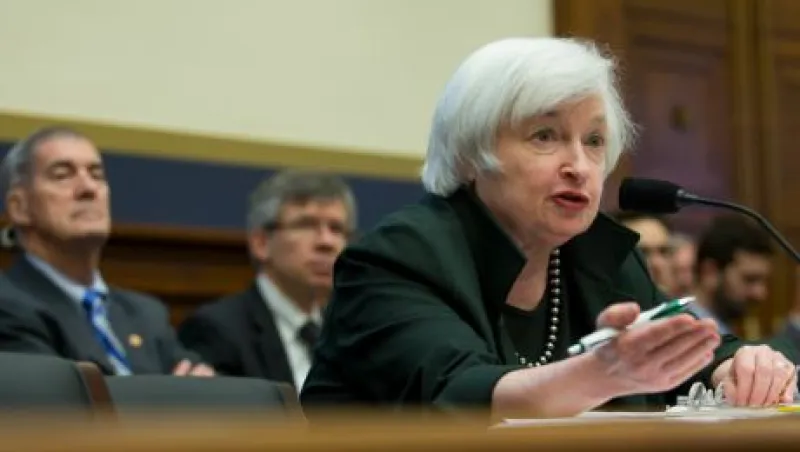
Daily Agenda: Dollar Moves Higher as Yellen Pledges to Tighten
Greece’s parliament votes in favor of austerity measures; Puerto Rico misses first bond payment; legal costs ding Goldman Sachs earnings.
Andrew Barber
July 16, 2015


